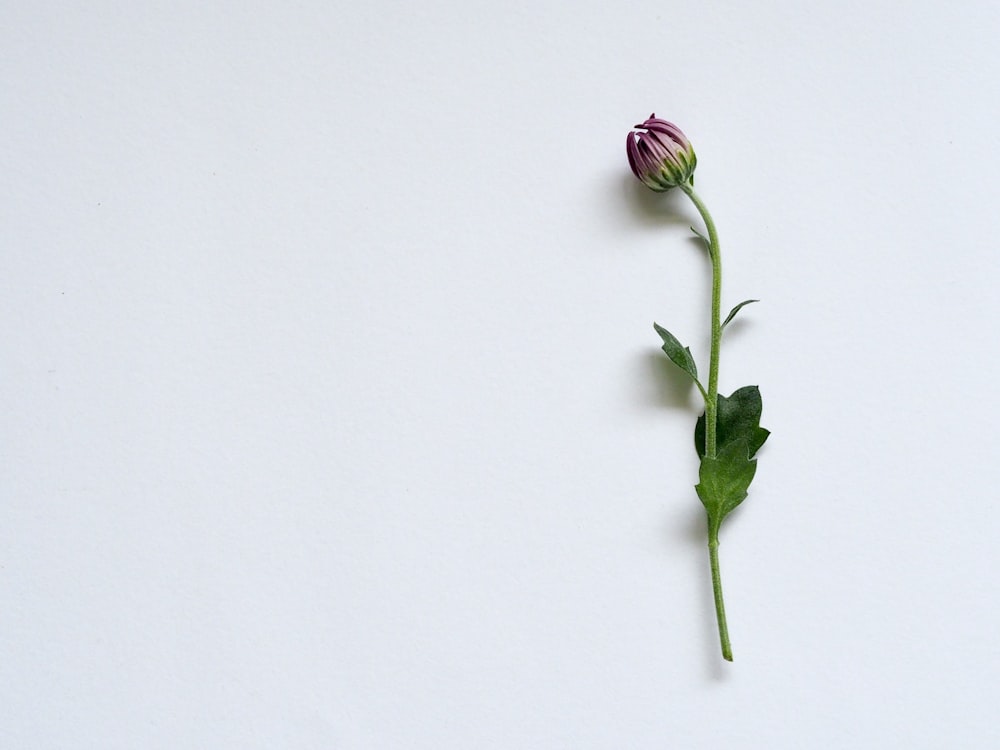One of the greatest parts of studying ancient thought is finding that many traditions, separated by centuries and sometimes oceans and mountains, could come to similar conclusions on important matters. Both Stoicism in ancient Greece and Buddhism in India and beyond had many similar ideas about finding happiness.
This fact, along with the universal power of science, has helped shape me into a philosophical naturalist, meaning that I see truths as based in our biological nature. Others think truths are ultimately subjective or relative to this culture or that. My contention is that our personal truths as well as our cultural ones become more and more similar, the more we think deeply about them.
Buddhism has a great expression for this: that we think of ourselves as the waves, when in fact we are the ocean. At the surface level we are all individual and unique and different. But we all arise out of the same stuff and return to it. And our very nature is the same as all of the other individuals out there.
Don’t pursue happiness
Stoic philosophers held that true happiness is a state of mind. And it’s not the state of mind of having a fresh tub of ice cream or a fancy new sports car. It’s not the state of mind of watching your favorite team win or even being surrounded by your favorite people in life. The excellent and happy state of mind proposed by Stoics is one acting virtuously and rationally.
There are many ways of acting virtuously. But a simple one is simply in working to focus your mind on one thing for a little longer each day. This effort of concentration can be difficult. We all have our limits and many of us are habituated to letting our attention bounce around. Strengthen that attention and enjoy the results, whether they are increased productivity at work, better listening skills with loved ones, or greater confidence to undertake difficult tasks.
Living rationally is a similarly important practice for Stoics. One of the first things Stoics are taught to realize is that we cannot control much in life. The economy will go up and down. Bosses and co-workers will have good days and bad days. All of our fancy comforts will break one day. Even our bodies will fight against us, sending piercing pains through whatever peace we might have. To live rationally is to accept all of this, again and again, until it doesn’t bother us when any of these occur.
For Buddhists, the teaching is remarkably similar. A central tenet of the religion is the Four Noble Truths, namely that all experience is unsatisfactory, that thirsting or craving is the cause of our suffering, that we can overcome our thirsting/craving, and that there is a path to overcoming all craving.
The second and third truths point toward our habitual mental states of craving for more. The use of the word thirsting even hints at how subtle it can be. Sometimes we’re intensely thirsty, other times it’s just a tickle in our throat. Sometimes we don’t even realize we’re thirsty until it’s too late and we’re dehydrated. Our mental thirsting works the same way. But it can be overcome.
Practice acceptance
A large part of the Buddhist path points us toward acceptance. Rather than fighting against every outside force we encounter each day and becoming exhausted and bitter, we can work to insulate ourselves from those forces. Today, people can gamble all of their money on the stock market. They can use leverage to invest 10, 20, 50 times what they have in a single stock. People who do this then have their every mood pulled and pushed by the rise and fall of that stock.
Acceptance requires that we step out of scenarios like this. If we have money to invest, put it in a broad fund that doesn’t go up and down much. If we do that, we’re no longer manipulated by the market. We can notice how certain people in our lives are very up and down as well. If we base our happiness on their moods, we too will find them shifting constantly. On the other hand, if we practice acceptance, we can create a thin barrier between ourselves and those people.
Try renunciation
Going further, as we invest or build savings, we can work on cutting our spending to bare basics. Notice how sales or advertisements can similarly push or pull us. Humans are clever creatures, and many of the smartest are paid well to manipulate the rest of us by dangling “must have” items in front of us. Once we realize that we don’t really need 90% of that stuff, we find a degree of happiness in simply letting the sales and ads pass us by.
In Buddhism, the ultimate practice is to become a monk or nun, giving up all possessions and personal relationships. While this is not for all of us, we can learn a great deal from interacting with monks and nuns, seeing how happy they are. This is generally because monks and nuns spend a huge amount of their time training their own minds.
Stoics, too, focus on training the mind as the most important activity. One can read a great number of books by and about Stoics, but many of them offer short aphorisms one can practice in daily life. Often, these aphorisms point us toward letting go of our attempts to control the world around us.
Letting go is a practice and it takes time and requires repetition. But as we do it, more and more, we find that it opens up space for joy to come in. And as that process becomes a new life habit, we find ourselves enjoying our simple, short time on earth more and more.
 Justin Whitaker, Ph.D., holds a doctorate in Buddhist ethics from the University of London. He has given lectures, and taught Buddhist studies and Philosophy at Oxford University, the University of Hong Kong, the University of Montana, and at Antioch University’s intensive study-abroad program in India. A certified meditation teacher, he is a regular contributor to Patheos.com, and Senior Correspondent for Buddhistdoor Global. Justin is the official blog writer for Sunflower Counseling MT in Missoula, Butte, Kalispell, Billings, and surrounding areas. He lives in Missoula with his family.
Justin Whitaker, Ph.D., holds a doctorate in Buddhist ethics from the University of London. He has given lectures, and taught Buddhist studies and Philosophy at Oxford University, the University of Hong Kong, the University of Montana, and at Antioch University’s intensive study-abroad program in India. A certified meditation teacher, he is a regular contributor to Patheos.com, and Senior Correspondent for Buddhistdoor Global. Justin is the official blog writer for Sunflower Counseling MT in Missoula, Butte, Kalispell, Billings, and surrounding areas. He lives in Missoula with his family.



